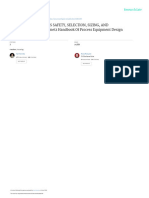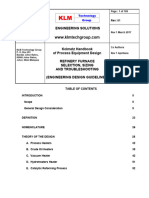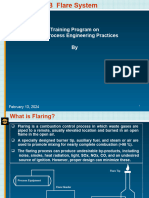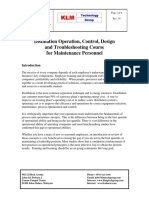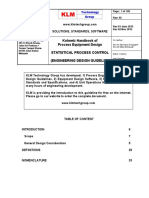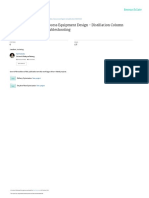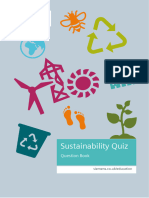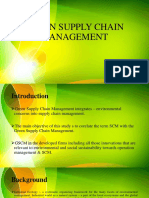0% found this document useful (0 votes)
12 views7 pagesFlare Reduction
The document outlines an advanced training course on process plant pressure relieving, flaring systems, and flare mitigation/reduction, emphasizing the importance of employee training for optimizing operational performance. It covers key concepts, safety guidelines, and troubleshooting techniques essential for effective decision-making in processing plants. The course is designed for personnel involved in operations, maintenance, and engineering, aiming to enhance their understanding of flaring systems and related equipment.
Uploaded by
AGUIRREEACopyright
© © All Rights Reserved
We take content rights seriously. If you suspect this is your content, claim it here.
Available Formats
Download as PDF, TXT or read online on Scribd
0% found this document useful (0 votes)
12 views7 pagesFlare Reduction
The document outlines an advanced training course on process plant pressure relieving, flaring systems, and flare mitigation/reduction, emphasizing the importance of employee training for optimizing operational performance. It covers key concepts, safety guidelines, and troubleshooting techniques essential for effective decision-making in processing plants. The course is designed for personnel involved in operations, maintenance, and engineering, aiming to enhance their understanding of flaring systems and related equipment.
Uploaded by
AGUIRREEACopyright
© © All Rights Reserved
We take content rights seriously. If you suspect this is your content, claim it here.
Available Formats
Download as PDF, TXT or read online on Scribd
/ 7






